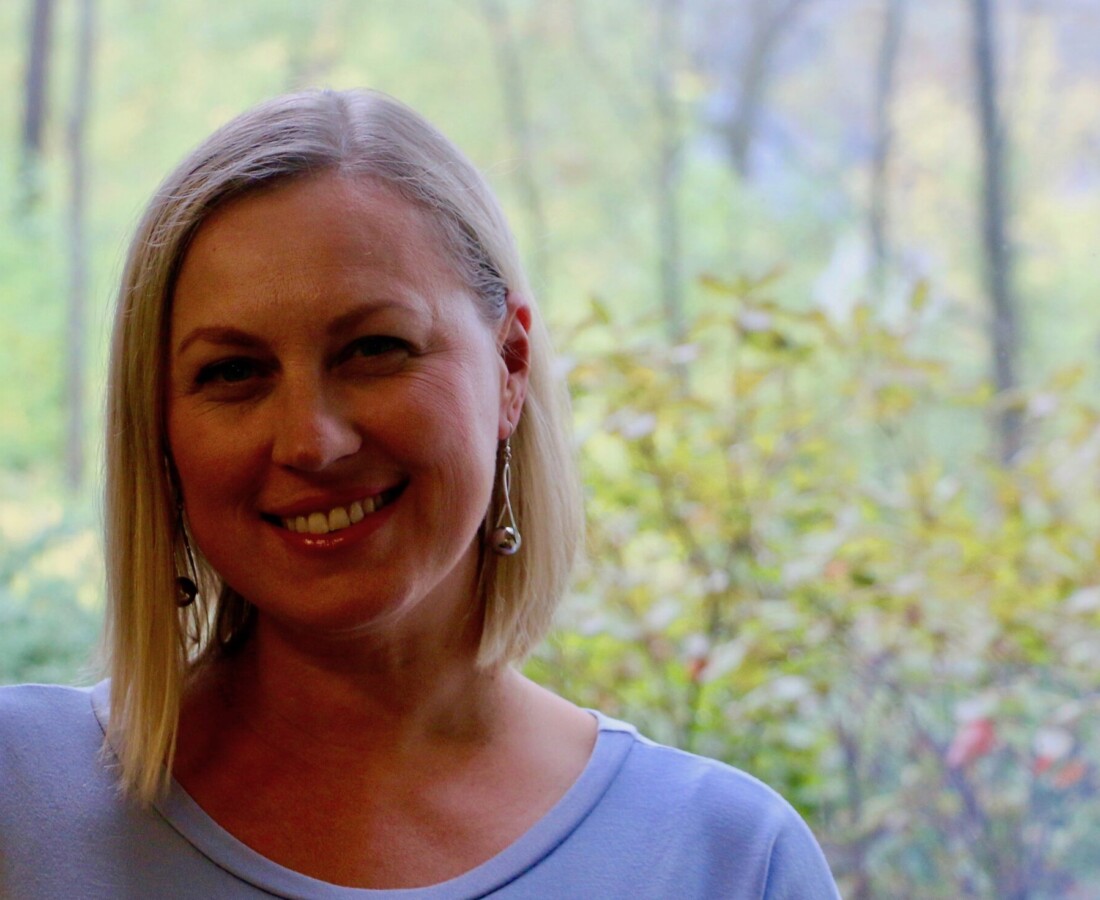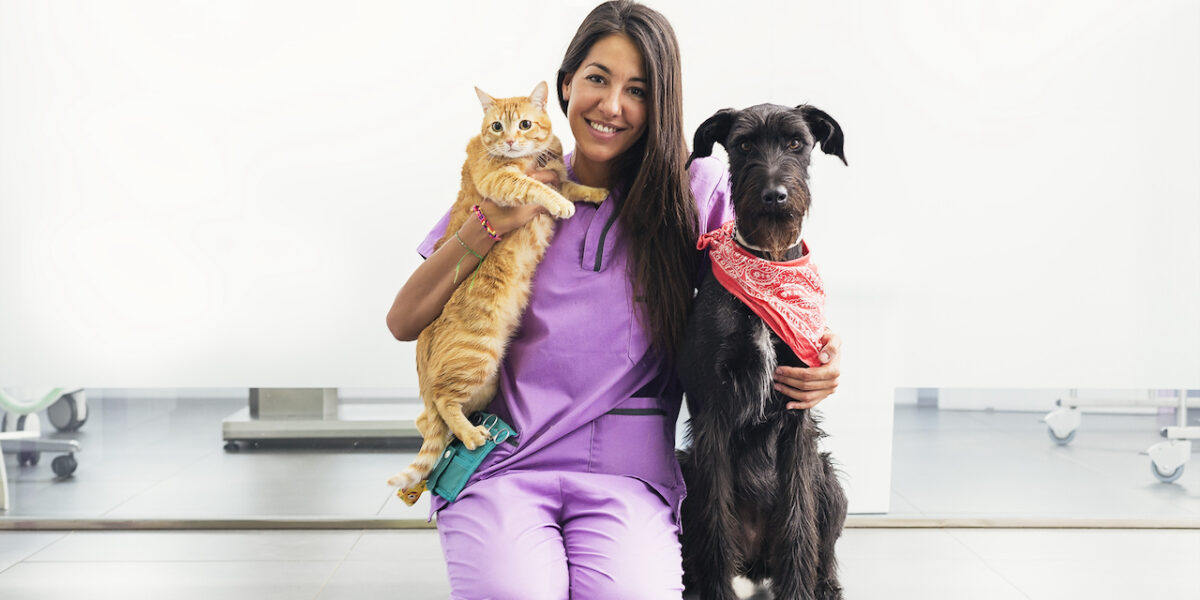By Kate Whitney
Vika Pleshakova, M.Ed., has been serving students at the University of Vermont for 16 years.
Currently a Senior Enrollment and Retention Advisor, her first role at UVM was one of keeping track of intakes and student inquiries and she gradually moved toward her current role. “I’m a lifelong learner myself,” Pleshakova said. “I was talking a lot to prospective graduate students, while trying to figure out a master’s program for myself. Once I finished my degree, I was able to become an official advisor, about ten years ago.”
For the past three years, Pleshakova’s main responsibility has been overseeing UVM’s top-ranked online Master of Public Health and Public Health Certificates, a portfolio of programs Pleshakova feels proud to represent.
“The [MPH] program is so multidisciplinary, that you could take it into so many different fields,” Pleshakova said. “We are the generalist program, so we don’t have a concentration. But a lot of the students who are interested in epidemiology, for example, can take specific courses and choose the electives that match their interest. If you are a health science major, then you might want to go into health education or working within communities. There’s a wide variety of careers that our students go into, including working for the Department of Public Health, insurance companies, or non-profit organizations.”
There are over 100 students actively participating in the Master of Public Health, with half of the students completing the program from out-of-state. According to Pleshakova, most of the students finish their degree within two years, depending on their time commitments, but the majority have full-time jobs and manage two to three courses per semester.
The online component provides flexibility and convenience—and it’s also the subject of students’ most frequently asked question to Pleshakova: how do employers view online programs versus on-campus programs?
“I tell them first of all that the quality of the instruction stays the same. With small classes, the students are able to make connections with the professors, with ongoing feedback and support. And second, the transcript does not indicate that the courses were taken online,” Pleshakova said. “I don’t think it’s an issue for most—the legitimacy of online programs—because they’re everywhere. I haven’t had any students come back and say, You know what? This didn’t work for me.”
Pleshakova said that students can expect a rigorous program that mirrors what they would experience with a graduate program on campus, including a 1-credit Applied Practice Experience (APE) at a public health organization near where students live and work, as well as a culminating project, where students apply the knowledge they’ve gained throughout the program to a real-life experience, working in groups of five or six with a set of data provided by the Vermont Department of Health to study, and presenting their findings in a virtual poster session.
Besides Public Health students, Pleshakova serves continuing education students who wish to change a career, take a course for professional development, or just for fun. The students range in age, education level, and background. “It’s like advising for the whole university, because we need to know a lot of details and requirements and prerequisites and guide the students in the right direction—as well as be a liaison between the student and the other university offices,” she said.
But it’s work she enjoys and looks forward to every day.
“It’s a cliché phrase—that it’s rewarding,” Pleshakova laughed. “But it is, helping students achieve their dreams, helping them along that path, connecting them to the right people. And most of them are working adults, some have families and full-time jobs, and I can definitely relate. I’m excited to meet new people to hear about what brought them to UVM, where they’re coming from, what work they’re doing, and what their ambitions and aspirations are. I’m always learning from the students or about the university, I’m learning about the field, the faculty, myself, the process, the advising—it’s constant growth—and it’s never boring, it’s always new, it’s always challenging—that’s one of the attractions of advising for me.”




